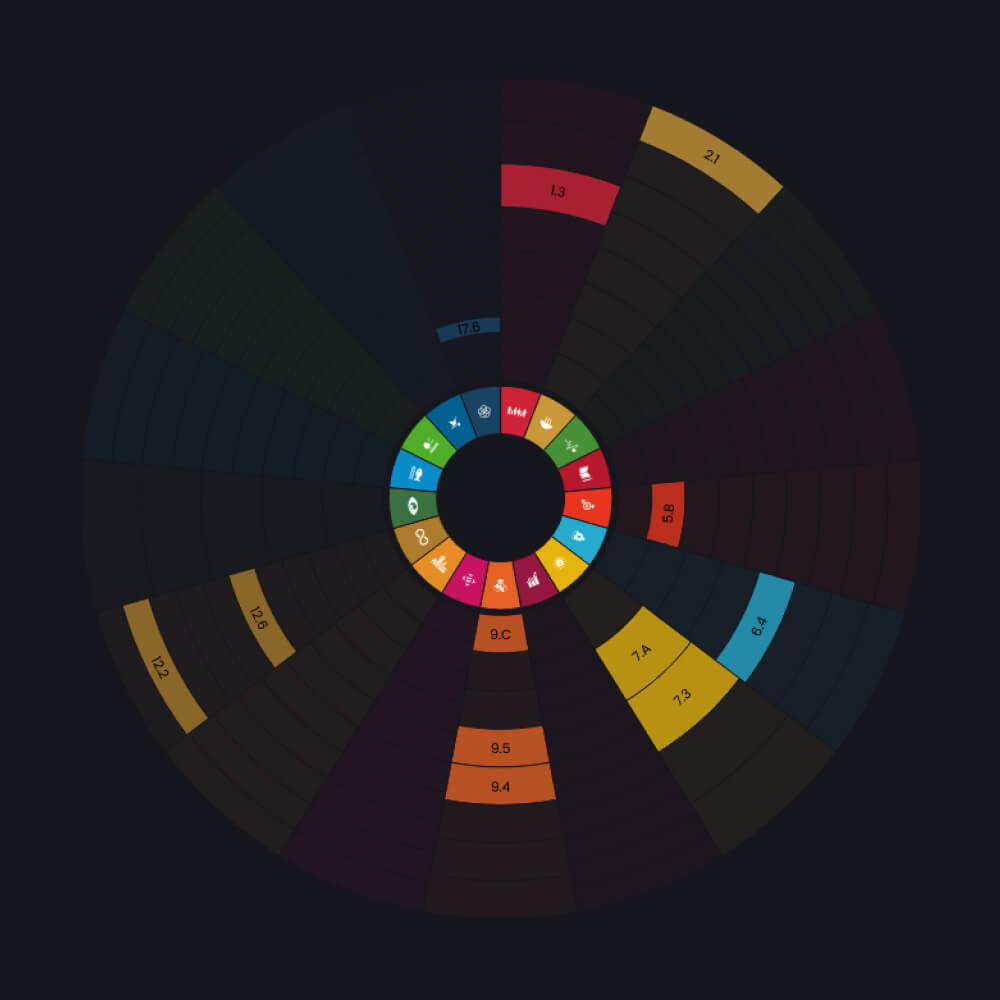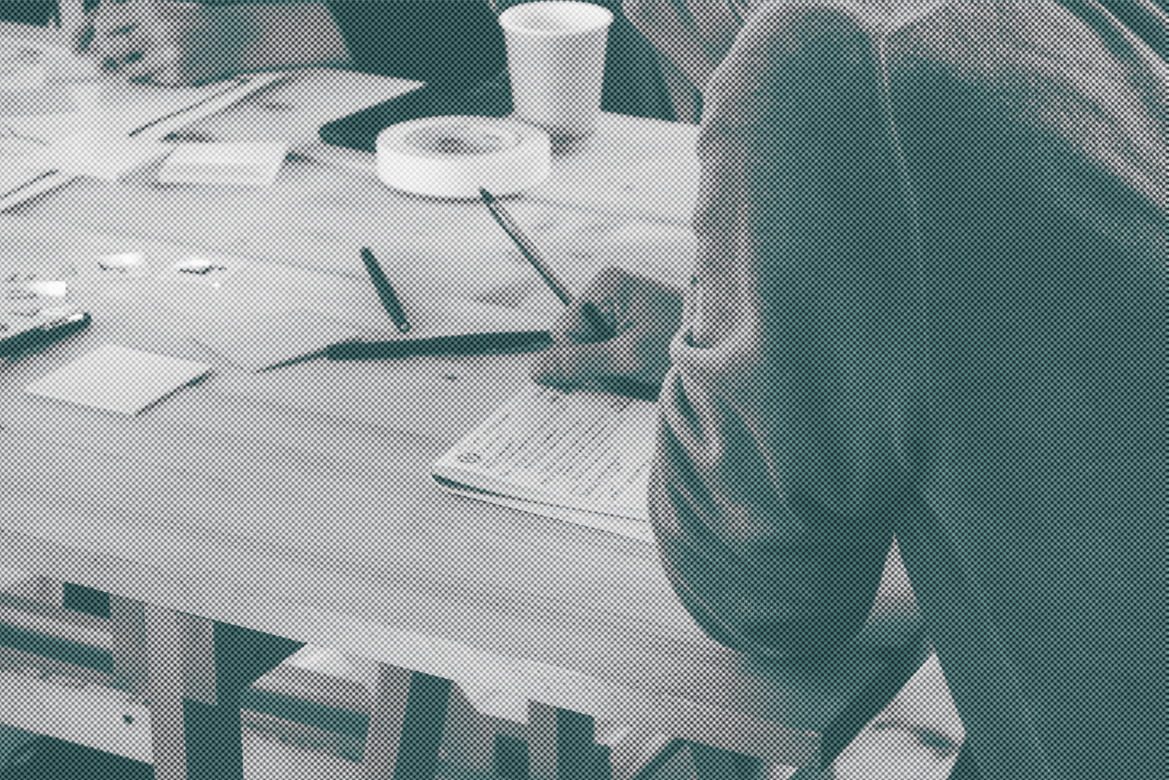Target
Targeting adult stakeholders, the tool engages the local community both autonomously and with a designated project team.
Resources needed
include internet access and a personal laptop, with guidance videos to support effective tool use.
Time needed
Typically 30 minutes to 1 hour to create an assessment. An experienced user can take as little as 15 minutes.
People needed
While designed to be user-friendly, assistance from a project team familiar with sustainable development may be beneficial for certain user groups.
Skills needed
Users need to be able to comfortable using computers.
Impact
SustainACT aligns with SDG 17 and NEB Compass, using six scales to rate and communicate actions' impacts. The tool aims to provide a better understanding of a project's current and potential impact on the environment, economy, and society for all user groups.

